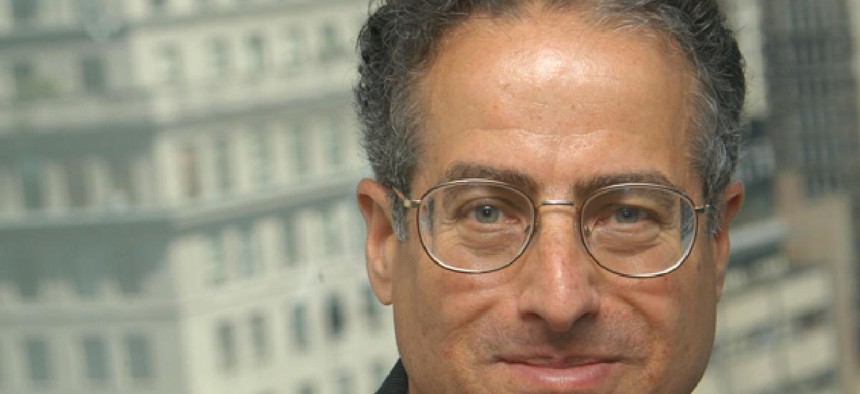To reduce child abuse and neglect, support caseworkers

Details are still emerging about the recent death of Zymere Perkins, a six-year old boy in Harlem. What could have prevented his death and that of too many other children before him? A long-term determined focus to support the protective services caseworkers who investigate child abuse and neglect is necessary. Above all, because elected officials and city administrators change and media attention rises and falls over time, that support must be maintained.
Although this administration and the ones that preceded it have implemented children’s services reforms, more targeted and sustained efforts are needed. City government is responsible, but so are the media and the general public.
Together with Family Court judges, protective services caseworkers determine how to keep children safe, given particular family circumstances and risk factors. They have the toughest jobs in government, ranking with police officers and firefighters. No job demands more skillful judgment and seasoned experience. It is also important for workers who protect children and save families to receive public support and recognition – just as men and women in uniformed services do. But when did you last read, see, or hear about heroic caseworkers in the media?
Caseworkers must be carefully selected, well-trained and adequately paid. They must also be supported after they are hired and especially as they deal with difficult and unpredictable cases. Some caseworkers will make mistakes, and identifying those problems through supervision is essential in a job that has no tolerance for error.
Caseworker’s workloads must be reasonable – and not just after a flurry of new hiring following a publicized incident. Caseloads must be maintained consistently at an agreed to standard rate in all offices – through budgets thick and thin. Maintaining sufficient staff to support an appropriate caseload throughout a citywide system of local offices is difficult but must be a top priority. If turnover can be reduced, there will be more experienced workers available to make the tough judgment calls. In addition, the cost of hiring new workers and training them is reduced when workers stay and grow on the job.
The city does not publicly maintain and report the turnover rate for protective services caseworkers but it deserves to be in the Mayor’s Management Plan among the city’s critical indicators. Reducing turnover and increasing the tenure of these caseworkers should be leading indicators for performance in children’s services.
Caseworkers also need tools that work, including phones, cars and reporting technology. Paperwork and case records must be feasible and caseworkers should be incentivized to conduct home visits and provide the follow-up services that keep children safe. The city must also provide resources for these families in distress such as mental health counseling and substance abuse treatment, and must utilize removal to foster care only when necessary to protect the children.
Caseworkers need peer support, experienced supervision, and specialized advice. Investigators must be consistently available in their field offices. Strengthening child welfare, especially protective services casework, must be an ongoing and consistent priority for city government. Public attention, too, should remain focused on what matters in this important work.
Jack Krauskopf is a Distinguished Lecturer and Director of the Center for Nonprofit Strategy and Management at the Marxe School of Public and International Affairs, Baruch College, CUNY. He also served as Commissioner of the New York City Human Resources Administration under Mayor Ed Koch.